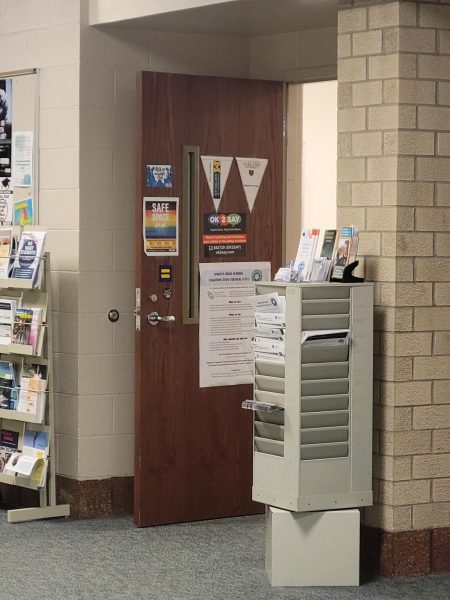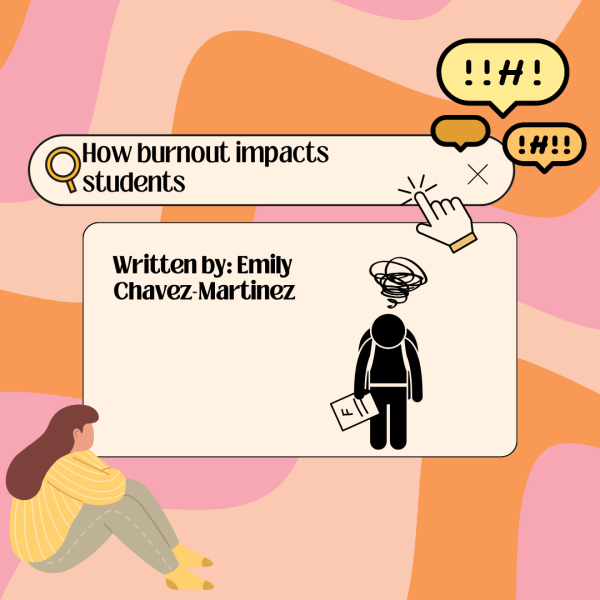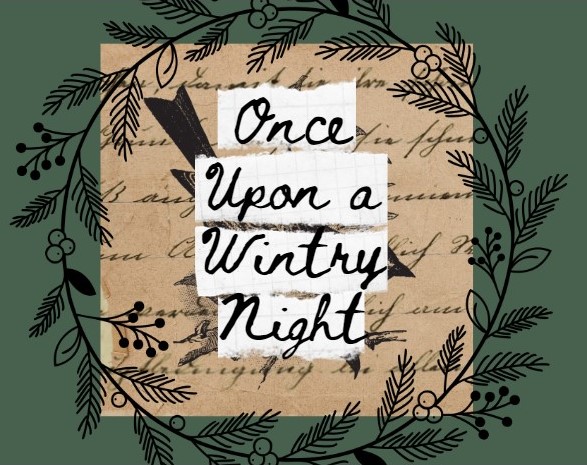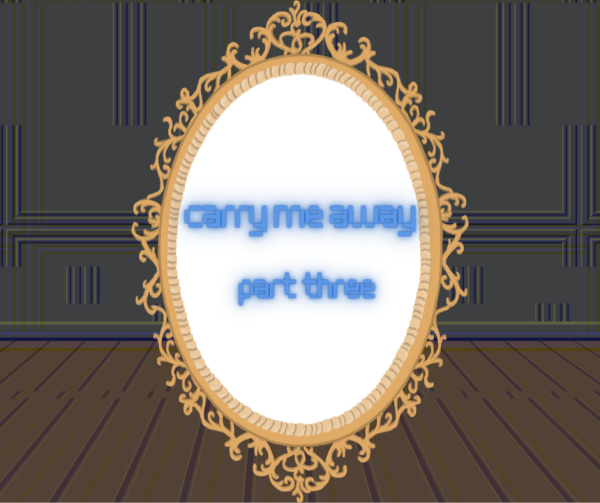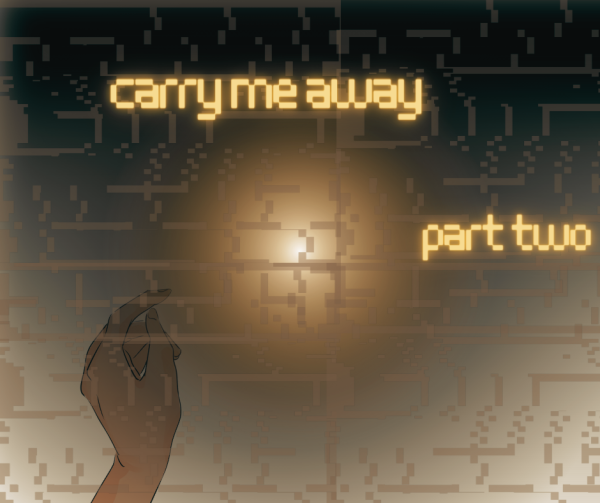Interviews with Veteran Teachers

I was fortunate enough to sit down with three veteran teachers to gather some insight about serving in the military. In interviewed Mr. Kuntz and Mr. Wierbecki, who both served in the Marine Corps during peacetime. I sat down with Mr. Reeves who did deploy to a combat zone. The goal of these discussions was to see the similarities and differences on a range of topics relating to the military.
Mr. Kuntz, Dakota High School Math teacher
Served in the Marine Corps from 1983-1989, deployed to Nicaragua, Panama and Grenada.
Mr. Wierbecki, Dakota High School Physics teacher
Served in the Marine Corps, September 1989-1994, deployed to: Bahrain, Japan, Wake Island, California, Arizona, Alaska, Spain “It’s hard to remember all the places they sent me too”. Hollywood Marine, he trained In San Diego.
Mr. Reeves, teaches 8th grade science at Seneca Middle School
Was in the army infantry, 1st battalion 87th infantry, 2000-2003, deployed to Afghanistan right after 9/11.
How did you become a teacher?
“I was a Marksmanship Instructor, and in sales I ended up being a sales trainer, I did a lot of things I always ended up being a teacher.” – Mr. Kuntz
“When I got out of the Marine Corps I was trained as a jet mechanic I went to work for Chrysler PentaStar aviation fixing corporate jets…money wasn’t good in jets then I became an auto mechanic which the money is very good in but I hurt my back really bad so I had to figure out what to do with the rest of my life, I was about 30 years old, so I went back to school got my degree in physics from Oakland university I still didn’t know what I wanted to do so I went to this job fair…there was this Troops to teachers program I decided to talk to the recruiter…I worked in a charter school and I enjoyed it. I decided to get my master’s degree in teaching and now I’m here. ” – Mr. Wierbecki
Why did you join the military?
“I needed the Marine Corps, I needed the discipline, we were very poor growing up, so I needed the money for college.” – Mr. Kuntz
“They had the coolest uniforms. Before I went in, I was offered a job at a plastic manufacturing plant and I did not like the vibe from this job, so as I was driving back, I passed a recruiting station and I said ‘alright let’s go where do I sign I wanna go tomorrow’… I was on the delayed entry program.” – Mr. Wierbecki
“There was always a big family history, my grandfather was in World War 2, I had uncles in Vietnam, in fact the pressure was always to not join. IF there was any pressure at all…Looking for a purpose, because at that time I joined I wasn’t living a purpose filled life I was in college having a great time, but I had no direction…join the military and figure life out and they would square me away” – Mr. Reeves
What is your view on how the media portrays the military?
“They often portray veterans as being broken, but it’s not that universal issue, and it ends up stigmatizing veterans even more, and making it harder for them to assimilate into normal life again…it’s like kids getting out of the house you have to much freedom, and they get in trouble” –Mr. Kuntz
“They have portrayed veterans in a good light since the Vietnam war…I think it is a good thing…You give up a lot of things…they own you there is a huge sacrifice that you give away…Back in the 70s people weren’t as nice to veterans, now veterans get a good feeling from people. Overall people look at the military in a positive way, but someone will always look at something in a negative way” – Mr. Wierbecki
“Plays a huge roll. You look at so many movies…It glosses over the horrors of war, and builds that hero mythos, of the noble soldier the noble sacrifice…many things to be said about death, noble is not one of them. It’s ugly and brutal and awful and gross, it’s not noble. But that’s the part you don’t hear about in books or the stories that we tell. So, I think it plays a huge part in getting young people to volunteer their lives away.” – Mr. Reeves
Readjusting to civilian life
“We wanna be open and honest about the issue but I think veterans want to see better programs that can help them…It’s that transition phase where we lose a lot of veterans…we have too many veterans coming back from wars that are just cut loose.” – Mr. Kuntz
“It’s a big change when you go from having to wear a uniform with a certain haircut with a certain tone you take with people the rank structure…it’s hard to go from that to civilian life…there was a certain amount of security with being in the military…the job security.” – Mr. Wierbecki
“I think there is a lot more support now…I know the military is a lot more concerned with the suicidality has been skyrocketing. They have taken some pains to address that. The veterans now have more support, the American public has more understanding and maybe sympathy. You see these commercials for veterans to call this number if you’re struggling…I don’t know how you initially rectify living with war, then living the life you lived before, because they are so different.” – Mr. Reeves
How do you feel about recruiting in schools?
“I don’t think we do enough of it. I always welcome recruiters into my classroom…I think there is a huge opportunity to find yourself in the military. The Marine Corps helped me find me. The military does an amazing job of taking people from all different socio-economic backgrounds, races, religions and finding a job for them and making them work together…the world of the military is mission oriented. Mission oriented mindset makes people get things done, that is why military people tend to succeed so much…the things I learned in the marine corps affect everything in my life.” – Mr. Kuntz
“Not everyone is gonna go to college…the military is a good way to find your niche in life…you’ve gotta want to be there…once you sign that paper your life is there’s…I benefited the most was the daily structure of it all they tell you the exact way to do everything …it’s a job…You lose a lot of freedoms…it was motivating to finish bootcamp…I was proud to be a marine” – Mr. Wierbecki
“[School] is not a better place to recruit a kid because you’re not really sure what you want to do in your life. That’s such a vulnerable thing and once they get their hooks into you and you start signing documents. They make it seem like those documents are binding and final, and so much of that is not the case. There are probably a lot of misleading practices like in all salesmanship but in military recruitment is definitely not immune to those kinds of corrupt practices.” – Mr. Reeves
Should the ASVAB be marketed as a military test?
“It’s more of a vocational test, it doesn’t lock you into anything. I already know what it is, I didn’t know that people didn’t know what it was. It’s still a good test to take because it focuses on your abilities, I’m a great mechanic and the test said I was a good mechanic, so I think they know what they are doing” – Mr. Wierbecki
“This is where all of the testing has its basis in the military because they have done so much research into where to fit the cog into the machine. It’s really important to keep that machine running…it’s one of those ways they get you, that’s how they open the door to recruiting you. They should probably let people know this test opens you up to recruiting calls. But I don’t know if it’s wrong. It wouldn’t hurt…the military has been shrinking year after year since World War 2, is that because the missions we’ve been taking do not resonate with the American people? When that sacrifice falls onto fewer and fewer people, we put more burden on the few. The other part is, it’s not the US military that makes this country great, taking someone who is creative, entrepreneurial, it’s those things that put our nation on top…that’s what makes our country the best, it’s not the military that does that. I can see it both ways…you certainly don’t have the same freedom as a grunt as you do a civilian. Does it give people a better value of their freedom? Maybe, but that’s a pretty terrible cost to pay.” – Mr. Reeves
How do you feel about the withdrawal from Afghanistan?
“We had to withdraw, but setting a hard date was a bad choice without a good plan…our intelligence was poor, the intelligence said that [The Afghan National Army] could fight for longer than they could…That was a battle you were never going to win no one has the Soviet Union fought in Afghanistan for 10 years and they lost…What we were trying to do was nation building and get a working government that could at least keep all those different factions working together in some way…We pumped billions of dollars into their economy which created a culture of haves-and-have-nots, full of a lot of people taking advantage of that system” – Mr. Kuntz
“It was a nightmare… [$7.12 billions of equipment] …I’m really not in favor of being anywhere anymore I think the original intent was to stop Sadam Hussein from gaining weapons of Mass destruction which they never found any the military industrial complex is making more decisions than they should I’m not sure we are there for noble reasons anymore.” – Mr. Wierbecki
“That’s two decades and what do we have to show for it? We still have the Taliban reimposing the restrictions on who can get an education, what you can wear, where can you go. This is the problem with democracy building, how do you build a democracy with a group of people who have never been able to come together. Because there is very much that tribalism, right? My tribe against your tribe, my city against your city. How do you come together as a people…Afghanistan has like 57 different languages; how do you make a country out of such divergent ideas? How did Iraq get put together with the Kurds? Completely different religions, and it was all drawn arbitrarily. It’s like of course it’s not gonna work. We saw corruption right from the start with that country, it’s sad.” – Mr. Reeves
Why may some veterans not like being thanked for their service?
“I was trained by all Vietnam Marines… It’s not so much the ‘thank you for your service’ it’s the reception they got when they were coming back from war…it brings up an old wound…you need hard men on the walls…if we lose that we lose our country…we have to protect ourselves” – Mr. Kuntz
“I appreciate the fact people say it…I don’t know how to respond to it…I don’t remember doing it for anybody except myself…it’s one of those things like the word hero is overused, I just don’t know how to respond” – Mr. Wierbecki
“For Veterans Day [the announcements] talked about how I cleared the Taliban out of the caves. And the next day kids were coming up saying, ’thank you for your service’. It’s something I tell my kids but don’t go deep. I had a teacher come in during the middle of class to say, ‘thank you’. I don’t know how to deal with that because it wasn’t heroic. It’s part of that hero mythos, this noble warrior making a noble sacrifice, I just survived man. It’s cringey, it’s awkward. But I can see the sympathy of the gesture for what it is, or what it’s intended to be, but it wasn’t service, it was sacrifice. I’m grateful civilians can’t understand that sacrifice, war is awful. I wouldn’t want anyone to experience that.” – Mr. Reeves
Your donation will support the student journalists of Dakota High School. Your contribution will allow us to purchase equipment and cover our annual website hosting costs.

John Osmond is a Senior at Dakota High School. He is the Chief Editor of the Dakota Planet. He is infatuated with movies and anything to do with film-making....

